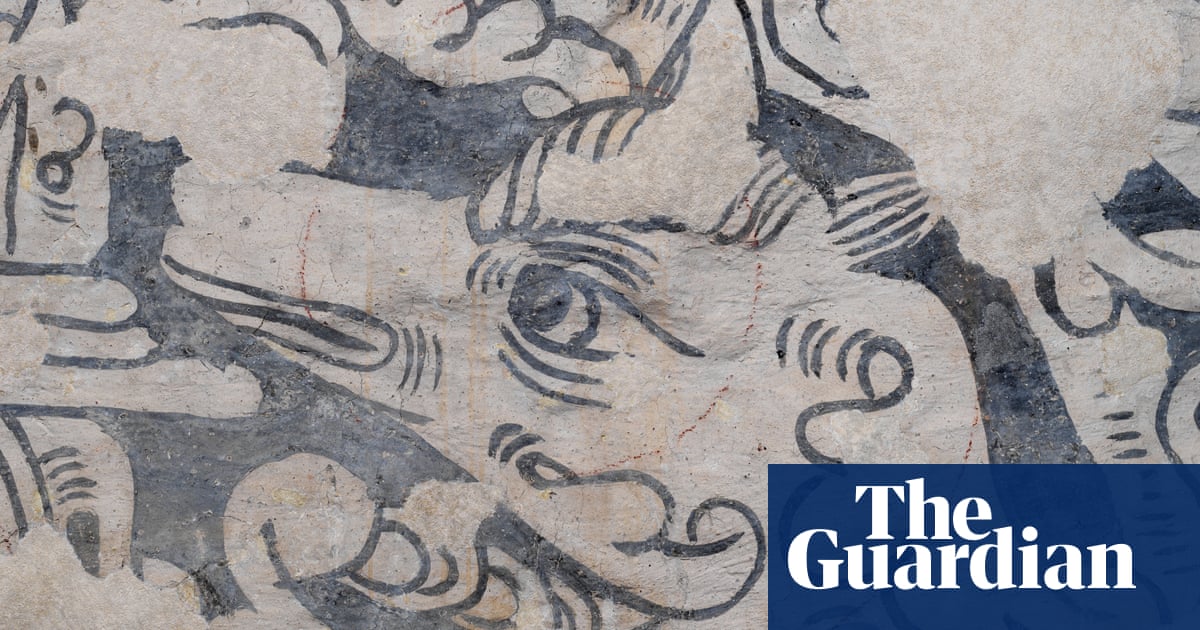“‘And now here I was, an accidental whaler, who knew nothing of whales, except the festive spout in the distance and the unreal immensity of a sperm whale’s corpse on a windy shore.”
So thinks the heroine of Xiaolu Guo’s Call Me Ishmaelle, from the deck of the whaler Nimrod, where she has enlisted as a sailor. A teenage orphan from coastal Kent, where she grew up swimming with seals and dolphins, she’s escaped a half-starved life as a factory worker by dressing as a boy to go to sea. Now she finds herself in a crew captained by a morose, reclusive, peg-legged man, who is monomaniacally obsessed with finding and killing the great white whale which maimed him. As many readers will already have guessed, the unlucky Ishmaelle has landed herself in a retelling of Moby-Dick.
While names and other details are changed, Call Me Ishmaelle hews to the original more closely than most such books. For instance, in the whaling town of New Bedford, Ishmaelle is compelled to share a bed at an inn with a Polynesian harpooner who has spent his day hawking a shrunken head around town; while he terrifies her at first with his tattooed face and tomahawk, the two are soon smoking a pipe together and swearing eternal friendship. Every fan of Moby-Dick will recognise the character Queequeg, and though Guo renames him Kauri and pares away some of the broad comedy and exoticising detail, she otherwise recapitulates every move. More generally, she sticks to the outlines of Herman Melville’s plot; we are heading to the same doom by the same route.
after newsletter promotion
Still, as one would expect, the books are profoundly different. Moby-Dick is notoriously prolix, incorporating sermons, soliloquies and chapter-long digressions about marine biology. Call Me Ishmaelle is tightly plotted and roughly 300 pages shorter. Guo’s language, while often lyrical, is also comparatively plain, with Melville’s page-long descriptions, dripping with biblical quotations, replaced by sentences such as “One morning we sighted some whales and lowered our boats.”
In another innovation, Guo’s Ahab – here Captain Seneca – is half-Black and half-Native American, so his obsession with killing the great white monster is tinged with the trauma of racist violence. This is made explicit by sections in Seneca’s voice, which pour out in a pain-maddened, unpunctuated flood. “O how many times [my father] told me about his sea voyage from Africa and how he had come to the new land with whipped bleeding back and starved like a dying ostrich and sold from one farm to another … hear me whale this is the world of us men not the mindless life of fish … Fish what would you know of rage …”
In 19th-century Massachusetts, there really were many Black whaling captains, whaling being a despised but highly skilled profession in which ability alone could win advancement. There were also many cases of women who disguised themselves as men to go to sea, some of whom – like Ishmaelle – must have been gender-nonconforming for reasons other than expediency. Guo’s premise is entirely historically accurate. However, she is not concerned with reconstructing the details of these lives, or even with explicating the institutional violence that shaped them. This is not historical but gothic fiction, where political crimes are not a social reality but a nightmare half-glimpsed and repressed, which returns in monstrous form to destroy the guilty and the innocent. The depiction of sexuality also follows a gothic logic. There is no innocent erotic pleasure in this world, and romantic love can only end in an untimely death. When Ishmaelle wakes to a furtive sex act in a neighbouring hammock, she is transfixed by horror. “I was the mute witness, compelled to hear, and to see darkly … The two next to me had become one with their pressing and pulsing and their jagged pumping … Would the Lord strike them down, and me too, just as He wasted Sodom … ?”
I often wished Guo had struck off more boldly in her own direction. The plot of Melville’s masterpiece is an ungainly, picaresque thing, designed to bear a great freight of Old Testament symbolism, arcane whaling lore and philosophical sublimities. Denuded of all this, some episodes land wrong. The joins between the two narratives are also a little rough. Guo’s whales are not symbols but mammals with a subjectivity of their own. That’s great, but hard to square with the great white whale as mythical nemesis. She also doesn’t seem to be taking any position with regard to Melville; her novel uses his text as a template, but doesn’t challenge its premises, as, for instance, Percival Everett’s James does with Huckleberry Finn, so her fidelity to his plot lacked a clear rationale.
I think I won’t be alone in finding the book disappointing as a response to Moby-Dick. Still, it is surprising and often beautiful, and I came to love Ishmaelle’s odd, thoughtful voice.

 21 hours ago
8
21 hours ago
8













































